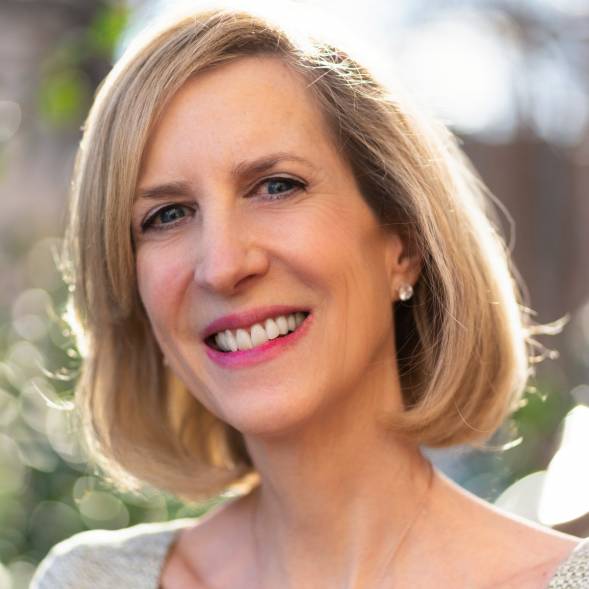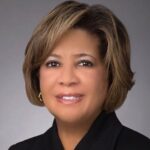By Cindy Cox-Roman and Karyne Jones
This piece was originally published in the San Francisco Chronicle.
COVID-19 causes disproportionately higher mortality rates in senior citizens and in the Black population. When combined, these two factors mean that older, Black Americans are arguably the most vulnerable group in America to the virus.
And yet plans for distributing the vaccine information and administering shots often failed to take into consideration how low-income older Black adults get their information. Regular mail, for example, is a far more reliable way to reach this demographic than the internet.
While much national research has been conducted surrounding vaccine attitudes, data was often compiled using online surveys, leaving out the views of the many older, low-income, Black adults who lack web access. To bridge this informational gap, our organizations HelpAge USA and the National Caucus and Center on Black Aging, conducted in-depth phone interviews with low-income Black adults across the country from January through April of this year. We learned views diverged widely on vaccination, as did the reasons why people did or didn’t get their shot.
For some respondents, attitudes toward the vaccine reflected a deep fear and distrust of the health care system. The Tuskegee experiment and other health care abuses were top-of-mind, but processed differently. Instead of making her hesitant, Linda, 64, said the expectation of substandard care motivated her to get the vaccine. As a Black woman, she feared that if hospitalized by the virus she was more likely to die.
Some struggled with conflicting information about the vaccine and from gaps in information from sources they could trust. Virginia, 75, lamented that health care information through her senior center was halted during COVID-19. Jack, 67, wryly noted that his mailbox was stuffed full of flyers from political candidates last November but nothing from them since.
“When the library is closed, where do people go for information? Everybody doesn’t have access to the web and cable is expensive.” He added, “We are a lost generation in the information age.”
Many respondents told us they had not discussed the COVID-19 vaccine with younger family members. For some, there was an aversion to crossing boundaries. Ruth, 71, said: “That’s their body.” A few were angry at family members they felt were acting carelessly. Some who discussed the vaccine with family described the conversations as tense.
Frustration with the lack of effort health care intermediaries put into assisting them was also common. Jackie, 71, wanted her dialysis center to make it easier for her and other high-risk patients to get their shots. Public vaccination sites were too crowded. Even if she could get an appointment, she was unable to endure the physical barrier of waiting in a long line.
Several respondents were dismayed that more affluent older people obtained the vaccine more easily than they could. As Leona, 59, put it,
“We are not reluctant. They are just not available.”
The exception to a general distrust of the healthcare system was the relationship with personal physicians. Many described a deep bond of trust. But pandemic restrictions meant they were not regularly seeing their doctors.
How can we do better in the future if COVID booster shots become necessary or if another pandemic rears its head?
Most importantly, we need to ensure vaccine sites are convenient to all. Easy access is a primary motivator for older Black adults who are ambivalent about vaccines. It also helps those with mobility issues and reassures those concerned about adverse vaccine reactions that care is nearby should a problem arise.
Improvements must also be made to how information is disseminated and the quality of that information. Hearing about hesitancy can reinforce concerns about risk. But the reverse is true as well. When vaccine rates are rising among vulnerable populations, that information needs to be broadly communicated.
Vaccine messaging should also be pursued through multiple channels, including by mail. Personal doctors must be empowered to reach out to their patients with information. And that information should be tailored to older people’s specific concerns. It should also provide ongoing guidance post-vaccination.
Strategies should be shared to help families openly talk about health topics like the vaccination without excessive fear, denial, or tension. This is essential to building trust, particularly for those who have not had access to quality health care. We can and must do better for older, low-income Black Americans.
*Names were changed to protect anonymity

Cindy Cox-Roman



